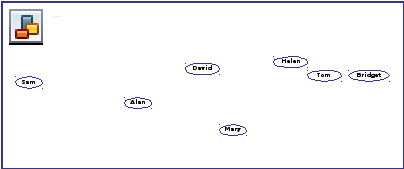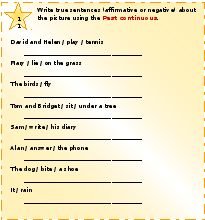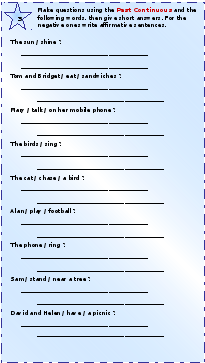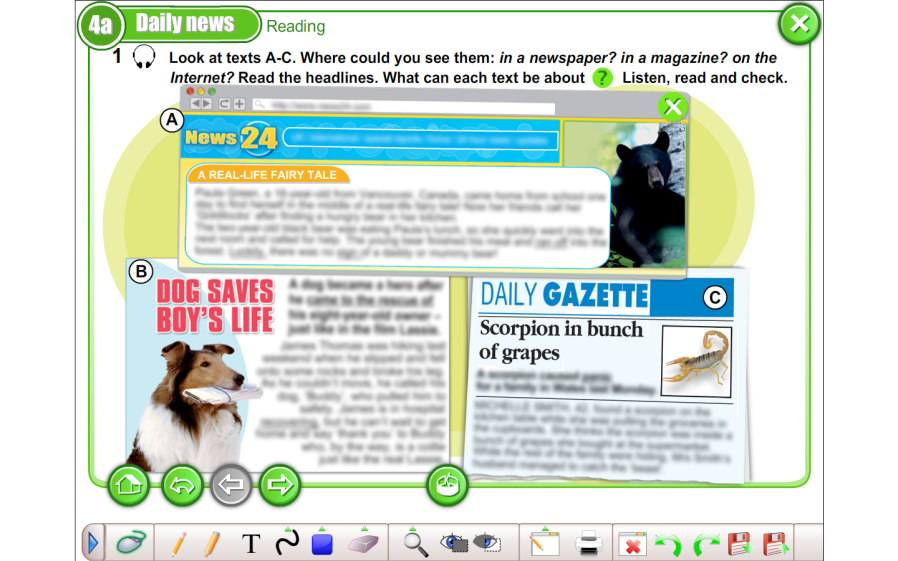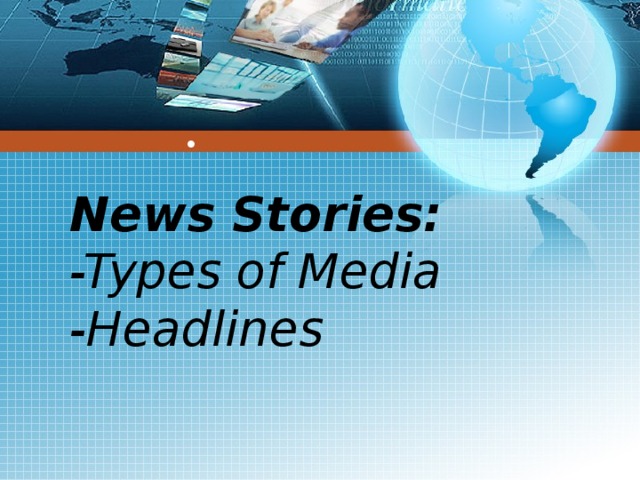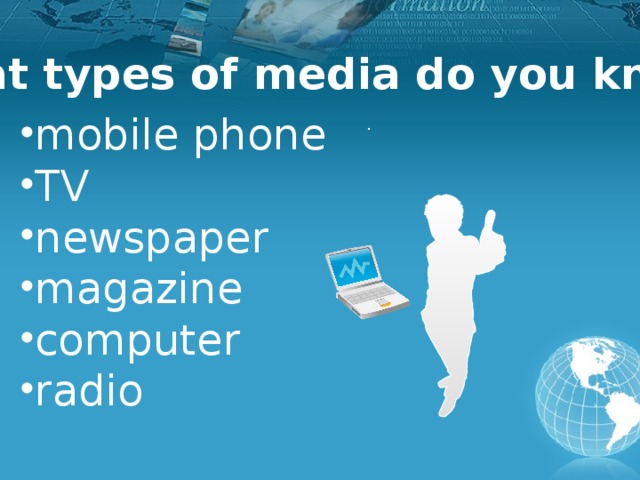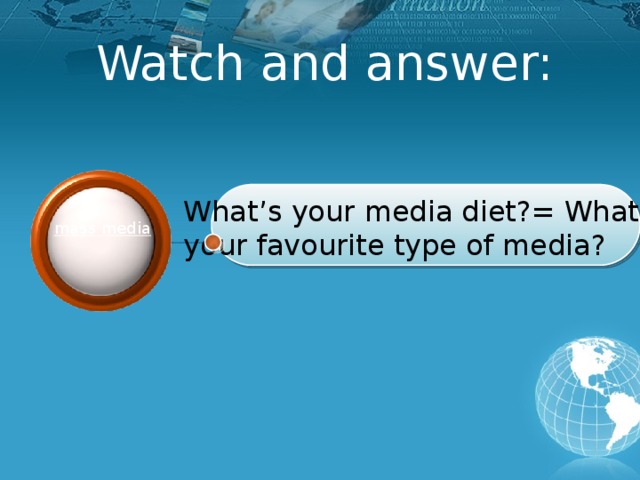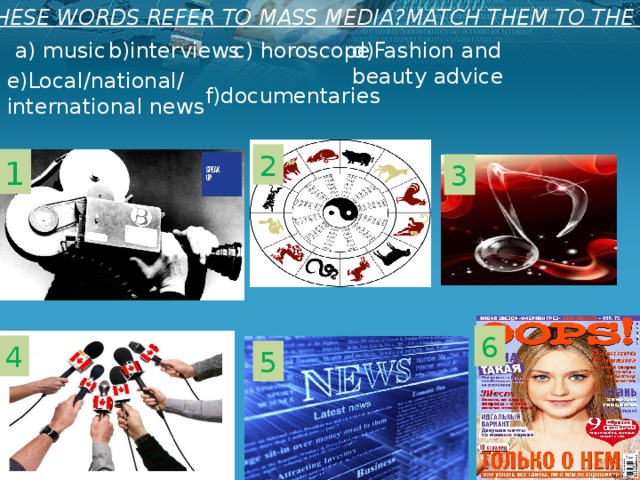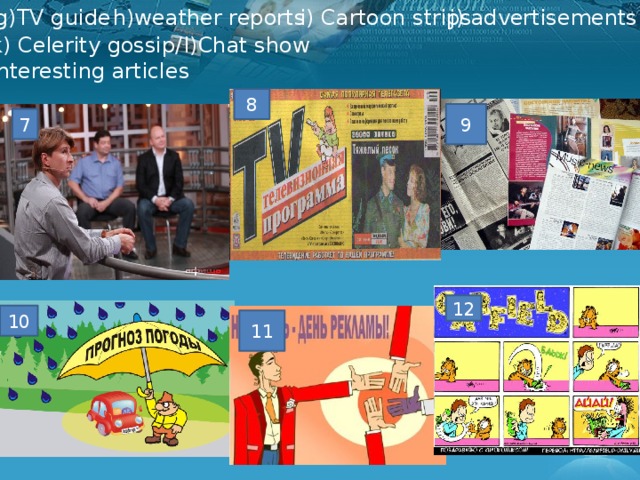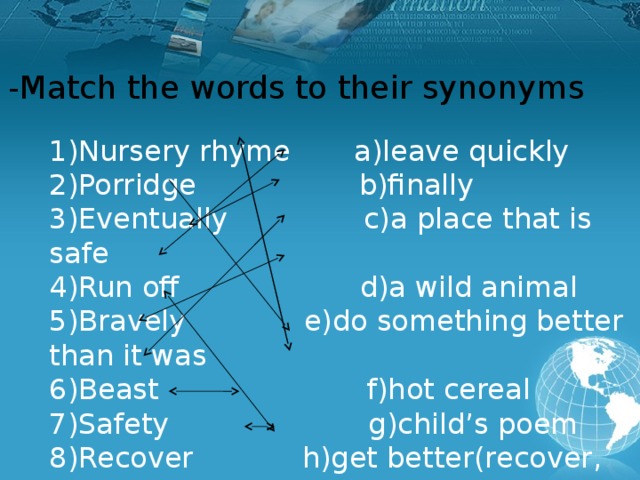Конспект урока для 7 класса. Рабочие листы, презентация.
Создайте Ваш сайт учителя Видеоуроки Олимпиады Вебинары для учителей
Конспект урока к УМК Spotlight 7 module 4a "News stories"
Вы уже знаете о суперспособностях современного учителя?
Тратить минимум сил на подготовку и проведение уроков.
Быстро и объективно проверять знания учащихся.
Сделать изучение нового материала максимально понятным.
Избавить себя от подбора заданий и их проверки после уроков.
Наладить дисциплину на своих уроках.
Получить возможность работать творчески.
Просмотр содержимого документа
«Past_Continuous_1»
Просмотр содержимого документа
«Past_Continuous_2»
Просмотр содержимого документа
«Past_Continuous_3»
Просмотр содержимого документа
«media 7»
Просмотр содержимого документа
«synon»
Просмотр содержимого презентации
«Презентация4a mass media»
Полезное для учителя
Распродажа видеоуроков!
1880 руб.
2690 руб.
1860 руб.
2660 руб.
2160 руб.
3080 руб.
1970 руб.
2820 руб.
ПОЛУЧИТЕ СВИДЕТЕЛЬСТВО МГНОВЕННО
* Свидетельство о публикации выдается БЕСПЛАТНО, СРАЗУ же после добавления Вами Вашей работы на сайт
Удобный поиск материалов для учителей
Проверка свидетельства






















































